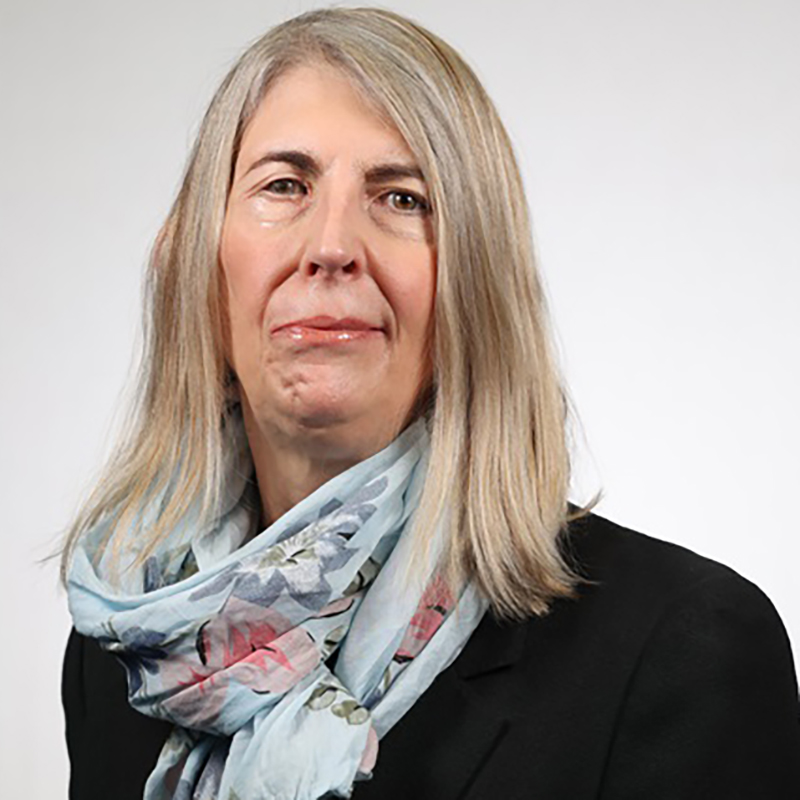Bio
Education
M.S. University of Padua, Italy, 1984 (Dr. Geology, Summa Cum Laude)
Ph.D. ETH Swiss Federal Institute of Technology, Geology, 1990 (Dr. Sc. Nat. with Distinction)
P.D. ETH Swiss Federal Institute of Technology, (Privatdozent) in Stratigraphy, 1999
Research
My research interests lie in Earth Systems Science education, data management, geoarcheology, the evolution of marine plankton, stable isotope geochemistry, geochronology, biostratigraphy and carbonate sedimentology. My Earth Systems Science education research focuses on learning and on the application of modern multimedia technology to enhance learning in large introductory classes. My primary goal is to investigate better means by which to educate students to become familiar with science and its fundamental role in our society. I have worked on the implementation and development of virtual reality and web-based learning activities with funding from the National Science Foundation.
I have applied my interest in computers, logic and organization to the design of relational databases for the storage, retrieval and correlation of large amount of data. The two main databases that I worked on are Neptune and NORGES. Between 2003 and 2008 I served as the Executive Director of the multi-institutional research project CHRONOS, funded by the National Science Foundation.
I have worked in the Alps, Himalayas, Philippines, and with deep-sea cores from most oceans. I am interested in how environmental changes have affected the evolution of organisms and in the interaction of humans with the environment in past and present times. I have worked on the reconstruction of climate patterns in the Mediterranean at the time when humans first adopted sedentary farming practices (around 11,000 years ago). My collaborators for this project are Dr. Ofer Bar-Yosef (Harvard University and Dr. William B.F. Ryan (Columbia University).
During my brief career in the oil industry, I worked in Norway on hydrocarbon reservoirs in the North Sea and Norwegian Sea as well as carbonate reservoirs in Libya and Iran.
Teaching
Geol 100: The Earth
Fall semester. What is the earth made of, and how does it work? Emphasis on observations and hypotheses used by geologists to determine the earths structure and to understand how geologic features change with time. Notes and web-based assignments are available on the course home page on Blackboard, accessible only to students enrolled in the class.
Mteor 112 (also listed as Geol 112) Orientation course for the Earth, Wind and Fire Learning Community
This fall semester course provides an introduction to Iowa State University and our program for students enrolled in the departments learning community. Activities include academic and social activities, talks and presentations on academic success, resume writing, and study abroad as well as research talks by faculty members.
Students
Joan Jach (MS Geology and Education: 2004)
Bjorn G. Brooks (PhD Geology: 2009)
Joshua Reed (MS, Human Computer Interaction: 2007)
Thomas Parham (MS, Geology: 2009; PhD candidate, Geology)
Collin Reichert (MS, Geology: 2011)
Elizabeth Boal (MS, Geology: 2012)
Theresa Halligan (PhD Geology; in progress)

